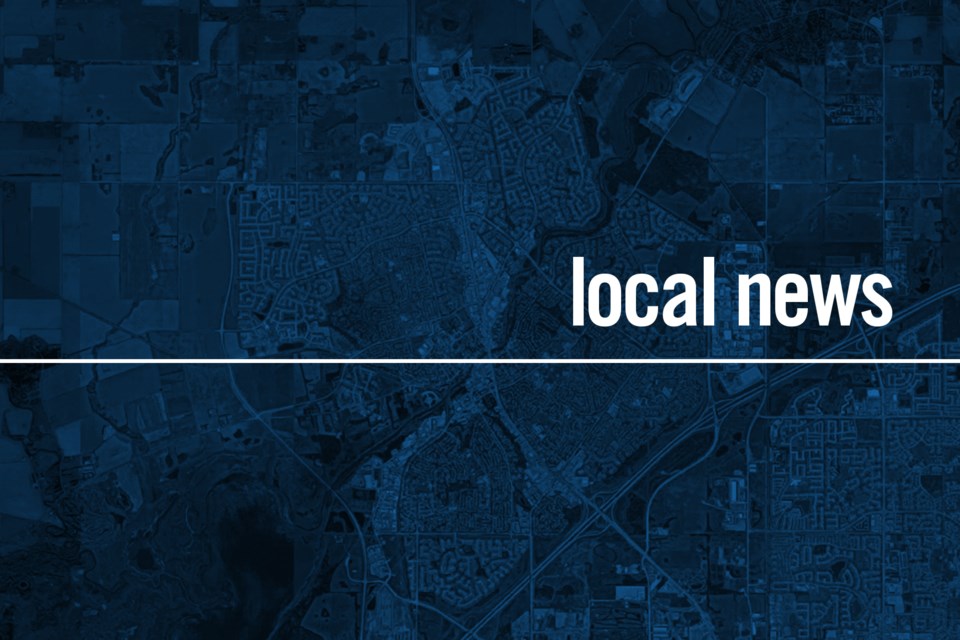Proposed changes to child care rules in Alberta would allow for 24-hour child care, digital record-keeping for child care providers, and would change the way day homes and child care centres are licenced.
On Wednesday, the Alberta government introduced Bill 39: The Early Learning and Childcare Act, following what Children's Services Minister Rebecca Schulz said was "the first consultation in more than a decade."
Under current legislation, child care centres are either licenced, regulated, accredited or approved. Under the proposed new legislation, parents would only have the option of a licenced or an unlicensed facility.
“You are a licenced facility, you are a licenced day home, or you are not,” Schulz explained. “It makes it a little bit easier for parents to understand.”
Schulz said the new legislation takes the high-quality elements around programming, early childhood development, inclusion and respect for culture and language from accredited facilities and builds those values into “our guiding principles and matters to be considered.”
“The intent of accreditation was good; it was on improving high quality and making sure that parents had access to developmentally appropriate programming. So the intent was good, but over time the process had become very onerous,” said Schulz.
Other changes to the act would include allowing 24-hour care in communities that need it the most. It is unclear what those changes would be, but Schulz said the government is working on clearing that up.
“Those parameters still have to be set but we now at least have the flexibility to step up and meet the needs of those working parents,” she said.
The act would move to a risk-based licensing approach. This means centres that have a good compliance record and few concerns would have less check-ins from licensing officers. Centres that are new or experiencing difficulties would see licensing officers more frequently.
“Our licensing officers and their teams can spend as much time as necessary with those centres that need attention and monitoring to be compliant with regulations and also to be safe,” Schulz said.
Licenced centres will need to notify parents directly of any changes to their licence. Parents will also have the ability to call the ministry about unlicensed facilities and ask if they have been issued a stop order. The ministry will be able to inform them if a stop order has been issued within the last 24 months.
The new legislation is also looking at allowing flexibility in ratios, which include mixed age ratios.
“By allowing flexibility in ratios, especially at open or close, or when a worker may be sick, smaller centres especially will now be better able to meet the needs of their parents and children in their care,” Schulz said.
Child care centres are currently required to keep paper records. Under the proposed legislation, centres would have the ability to keep digital records. Digital filing would allow facilities to cut operational costs.
Tricia Cunningham, executive director for SIGIS Child Care Society, manages 20 child care locations and said she is pleased with the digital option.
“Keeping information like that, we do have to pay for storage and it’s a large unit that we currently pay for because no location has the space,” she said.
The ministry consulted with around 10,000 people, including parents and caregivers, early childcare educators, childcare operators, directors and licensing officers for the proposed legislation.




